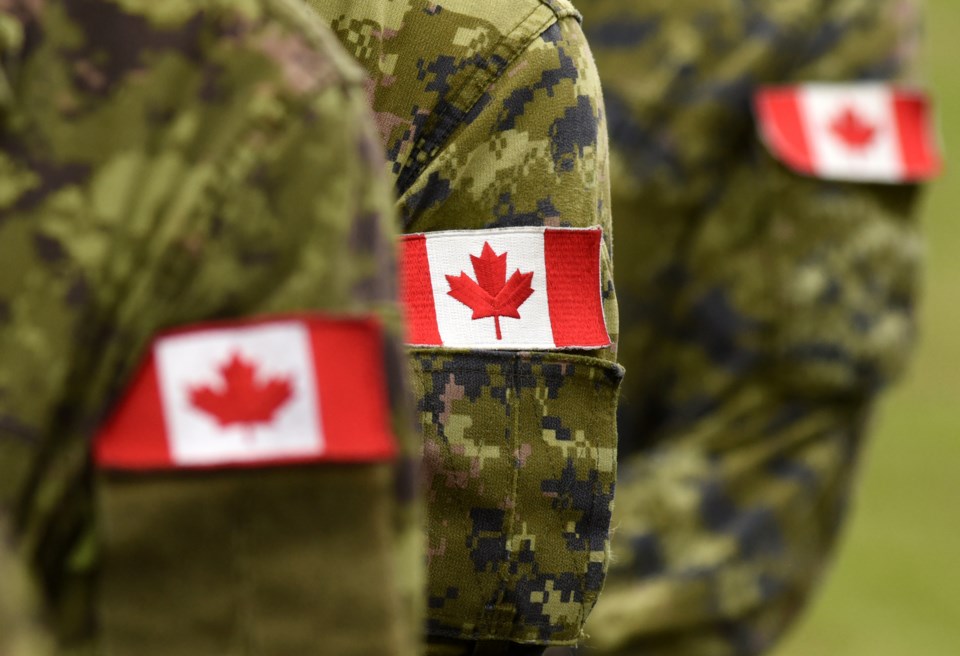BradfordToday welcomes letters to the editor at [email protected]. Please include your daytime phone number and address (for verification of authorship, not publication).
*************************
This Friday, Nov. 11, is Remembrance Day.
We generally remember all fallen and past warriors, but I hereby would love to highlight the exploits of one specific Canadian, that being Leo Major. Mr. Major has a very special place in the heart of all the citizens of the city of Zwolle, the Netherlands, and that includes many of my family members who still reside in or near that city.
On the evening of April 13, 1945, two French-Canadian snipers crept as quietly as they could toward the Dutch city of Zwolle. Their orders were to gauge the size of the German occupation forces in that city and, where possible, to contact the Dutch resistance. Shortly after midnight, one of them, corporal Welly Arsenault, was killed by enemy machine-gun fire just outside the city. His death infuriated private Leo Major, and he rushed to the German position. To avenge the death of his friend, he decided that he would inflict maximum damage on the Germans.
Under normal circumstances, Leo Major’s war should have been over after D-day and the invasion in 1944 when he was partially blinded by a phosphorous grenade. However, he refused to be invalided back to England (losing an eye was an easy ticket to go home. And for anyone who stayed, like he did, a second blast tossing him 15 feet in the air, breaking his back and both ankles, would have sealed the deal) but Major persuaded his commander that snipers only needed one good eye. After Arsenault’s death, Major infiltrated Zwolle and contacted the Dutch underground. With their help, he was able to convince a German officer that the city was surrounded by thousands of Canadian troops, and by the following morning, the German garrison stationed in the city had vanished.
Almost 8,000 young Canadians, including 25-year-old Welly Arsenault, sacrificed their lives to liberate the Netherlands; the Dutch people will never forget this sacrifice. Every year thousands of tulips bloom in Ottawa, a gift from the Dutch government, and Dutch schoolchildren are taken to Commonwealth War Graves Commission cemeteries to learn about the Canadians who sacrificed their lives for Dutch freedom. In Zwolle, oft-repeated tales of the one-eyed Canadian sniper who liberated the city from Nazi tyranny have turned Leo Major into a household name.
In later years Major was feted when he visited during liberation ceremonies held each year on May 5. He was named an honorary citizen of Zwolle in 2005, and a street was named after him. He died in 2008.
Major would go on to become the only Canadian ever to receive a Distinguished Conduct Medal in two separate wars (he earned the second in Korea).
You can read more about Leo Major here.
A more recent banner is honouring Major at a Zwolle soccer game.
Albert Wierenga, Bradford
*************************



